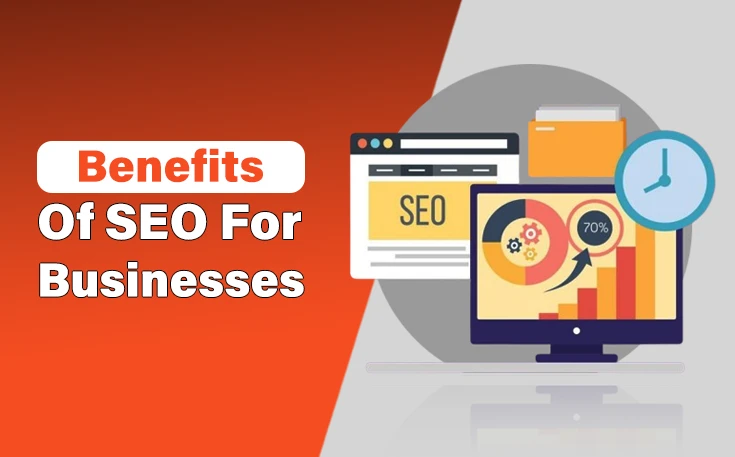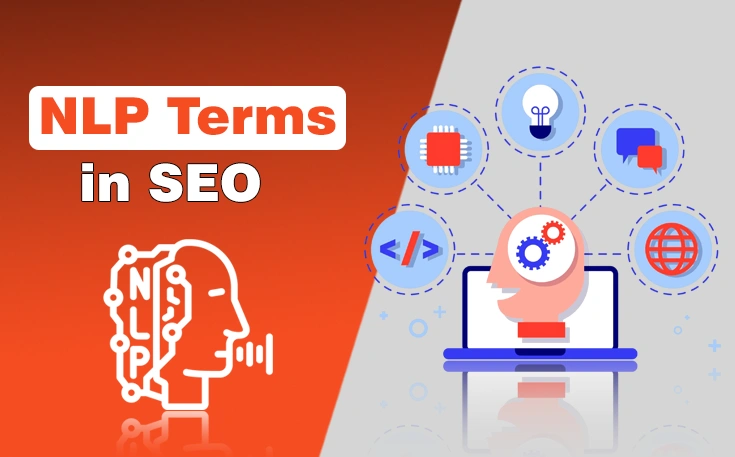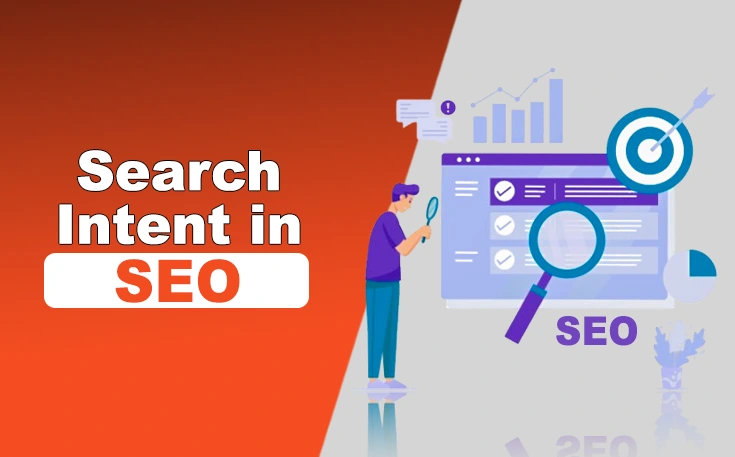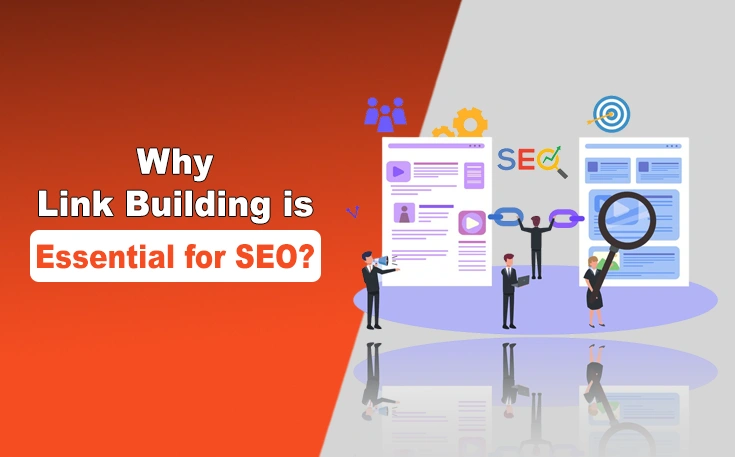Running an agency is not just about delivering results. It is about managing relationships, tracking leads, following up, and making sure nothing slips through the cracks. I know how messy it can get when you are juggling multiple clients, projects, and team members. That’s where CRM tools for agencies come in.
In this blog post, I will guide you through the 10 best CRM tools built specifically to help agencies stay organized, scale up, and serve clients better.
Best CRM Tools for Agencies That Actually Work
CRM tools are not just popular. They are practical, customizable, and scalable. Whether you run a marketing agency, creative studio, or service-based firm, there is a tool here that will fit right into your workflow.
- HubSpot CRM – All in One for Growing Agencies
- Zoho CRM – Customizable and Cost Effective
- Pipedrive – Visual Sales Pipeline That Just Makes Sense
- Monday.com CRM – Project and Client Management Combined
- Agile CRM – Built for Marketing-Driven Agencies
- Insightly – Simple, Scalable CRM for Client-Focused Agencies
- Copper – The Best CRM for Google Workspace Users
- Salesflare – Automation-First CRM for Small Agencies
- Keap – CRM Meets Marketing Automation
- Clientjoy – CRM Made Specifically for Agencies
1. HubSpot CRM – All in One for Growing Agencies
HubSpot CRM is one of the most well-known platforms out there and for good reason. It offers powerful contact management, sales pipelines, email automation, and reporting features, all in one dashboard. The free version is generous, but if you want serious marketing tools, the upgrades are worth it.
Pros of HubSpot CRM
- Free version includes robust contact and deal management.
- Visual sales pipelines are easy to navigate.
- Powerful email tracking and automation.
- Integrates smoothly with marketing and CMS tools.
- User-friendly interface, even for beginners.
Con of HubSpot CRM
- Premium plans can get expensive as your agency grows.

2. Zoho CRM – Customizable and Cost Effective
Zoho CRM offers incredible flexibility at a great price. It is ideal for agencies that want to customize their CRM system to match how they actually work. From lead tracking to workflows and analytics, Zoho lets you do more without a steep learning curve.
Pros of Zoho CRM
- Extremely customizable dashboards and modules.
- Affordable pricing, even for small teams.
- Built-in AI assistant for smarter insights.
- Great automation features for follow-ups and deals.
- Seamlessly connects with other Zoho apps.
Cons of Zoho CRM
- UI feels outdated compared to some competitors.

3. Pipedrive – Visual Sales Pipeline That Just Makes Sense
If your agency focuses heavily on sales, Pipedrive might be the CRM for you. It offers a highly visual pipeline that helps you track leads, set activities, and close deals efficiently. It is perfect for teams that want simplicity without sacrificing features.
Pros of Pipedrive
- Extremely intuitive drag-and-drop pipeline.
- Easy to track deals and next actions.
- Smart automation and reminders.
- Strong focus on closing sales quickly.
- Integrates with many marketing tools.
Cons of Pipedrive
- Lacks built in marketing automation tools.

4. Monday.com CRM – Project and Client Management Combined
Monday.com is not just a project management tool anymore. Its CRM features let agencies track deals, manage client relationships, and collaborate in real time. If you want everything, from tasks to contacts, in one platform, Monday CRM is worth a look.
Pros of Monday.com CRM
- Combines CRM and project tracking in one place.
- Customizable boards and workflows.
- Great for agency teams that collaborate daily.
- Visual dashboards make data easy to digest.
- Scales smoothly as your agency grows.
Cons of Monday.com CRM
- Can be overwhelming for solo users or very small teams.

5. Agile CRM – Built for Marketing-Driven Agencies
Agile CRM is perfect for agencies that need both client management and marketing tools. It covers contact management, email campaigns, appointment scheduling, and even helpdesk features. It is surprisingly affordable, and ideal for small to mid-sized agencies.
Pros of Agile CRM
- Combines CRM, marketing, and service features.
- Strong email campaign and automation tools.
- Drag-and-drop landing page builder.
- Gamification features for sales teams.
- Offers a free plan for up to 10 users.
Cons of Agile CRM
- Interface feels slightly dated and clunky.

6. Insightly – Simple, Scalable CRM for Client-Focused Agencies
Insightly is a straightforward CRM that balances project management and sales features. It is especially good for agencies that need to link contacts with deals and projects seamlessly. The learning curve is short, and the tools are highly practical.
Pros of Insightly
- Combines CRM with project management tools.
- Built-in workflow automation.
- Contact relationships are clearly visualized.
- Google Workspace and Microsoft 365 integrations.
- Great mobile app for managing on the go.
Cons of Insightly
- Customization options are limited compared to others.

7. Copper – The Best CRM for Google Workspace Users
If your agency already lives in Gmail, Copper might feel like magic. It integrates perfectly with Google Workspace, and makes it feel like a natural extension of your inbox. It automatically tracks emails, meetings, and contacts without needing constant input.
Pros of Copper
- Native Gmail and Google Calendar integration.
- Automatically logs client interactions.
- Clean, minimal UI inside your inbox.
- Great for agencies that hate manual data entry.
- Built-in pipelines are easy to use and manage.
Cons of Copper
- Not suitable if your team doesn’t use Google Workspace.

8. Salesflare – Automation-First CRM for Small Agencies
Salesflare is designed for small teams that want a smart CRM without the headache of manual updates. It pulls client info from your inbox, calendar, and social media and helps you focus on closing deals rather than entering data.
Pros of Salesflare
- Automates client data collection and updates.
- Syncs emails, meetings, and calls in real time.
- Minimalist dashboard and simple setup.
- Visual pipeline and task tracking.
- Great for small, fast-moving agencies.
Cons of Salesflare
- Limited customization options in reporting.

9. Keap – CRM Meets Marketing Automation
Keap, formerly known as Infusionsoft, is a powerful CRM with built-in marketing automation. It is ideal for agencies that want to manage leads, email campaigns, invoices, and client interactions all under one roof. It is more than a CRM as it is a full client lifecycle manager.
Pros of Keap
- Combines CRM, email marketing, and invoicing.
- Visual automation builder is simple and powerful.
- Ideal for lead capture and nurturing.
- Mobile app lets you manage tasks on the go.
- Built-in payment processing features.
Cons of Keap
- Pricing may be too high for small or new agencies.

10. Clientjoy – CRM Made Specifically for Agencies
Clientjoy is purpose built for agencies and freelancers. It offers lead management, client portals, invoicing, proposals, and even payment tracking. Everything is customized for client servicing, which makes it one of the most agency-friendly platforms out there.
Pros of Clientjoy
- Designed with agencies and freelancers in mind.
- Proposal builder and e-signature features included.
- Tracks leads, deals, invoices, and payments.
- Clean client portals with activity logs.
- Affordable one-time payment deals are available.
Cons of Clientjoy
- Still growing, so some features may feel basic.

Final Thoughts
These are the details about the top 10 best CRM tools for agencies. Choosing the right CRM can seriously level up how you run your agency. From tracking leads and sending follow ups to building better client relationships and scaling operations, the right tool does more than organize. It really empowers.
I suggest starting with what your agency needs the most right now, whether that’s automation, collaboration, or just simplifying your daily workflow. Try one or two of these tools and see which one fits your style. Your future self (and your clients) will thank you for it.
Need custom app with amazing features?
Get a Quote




